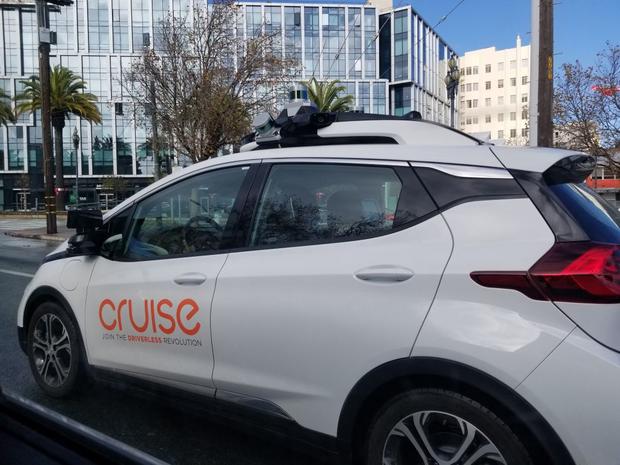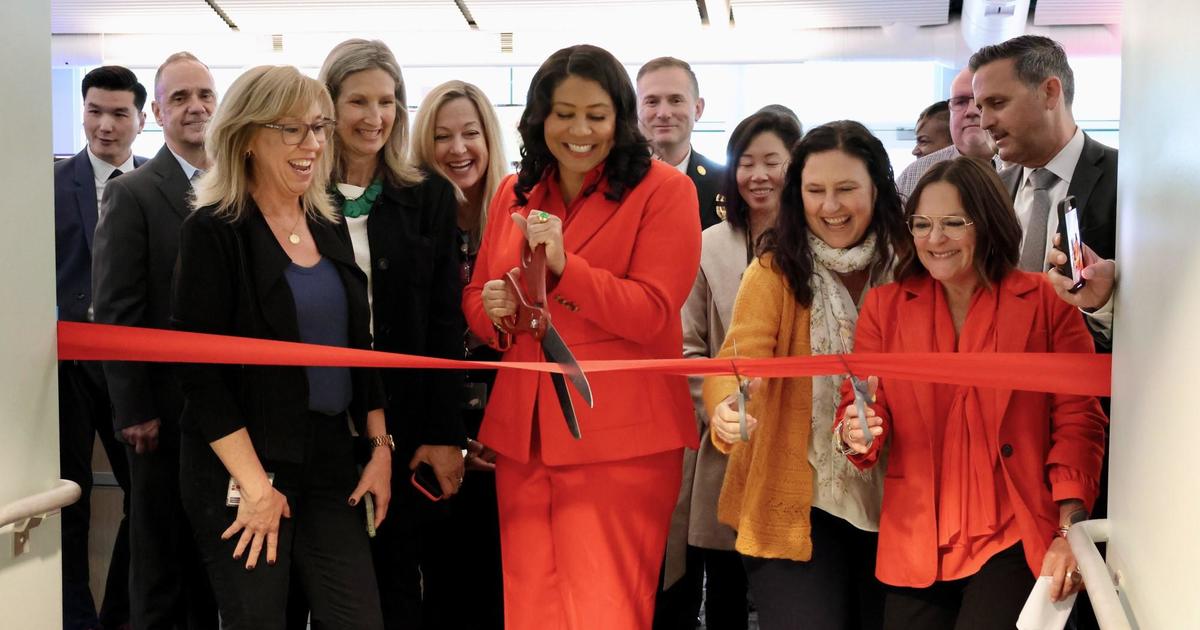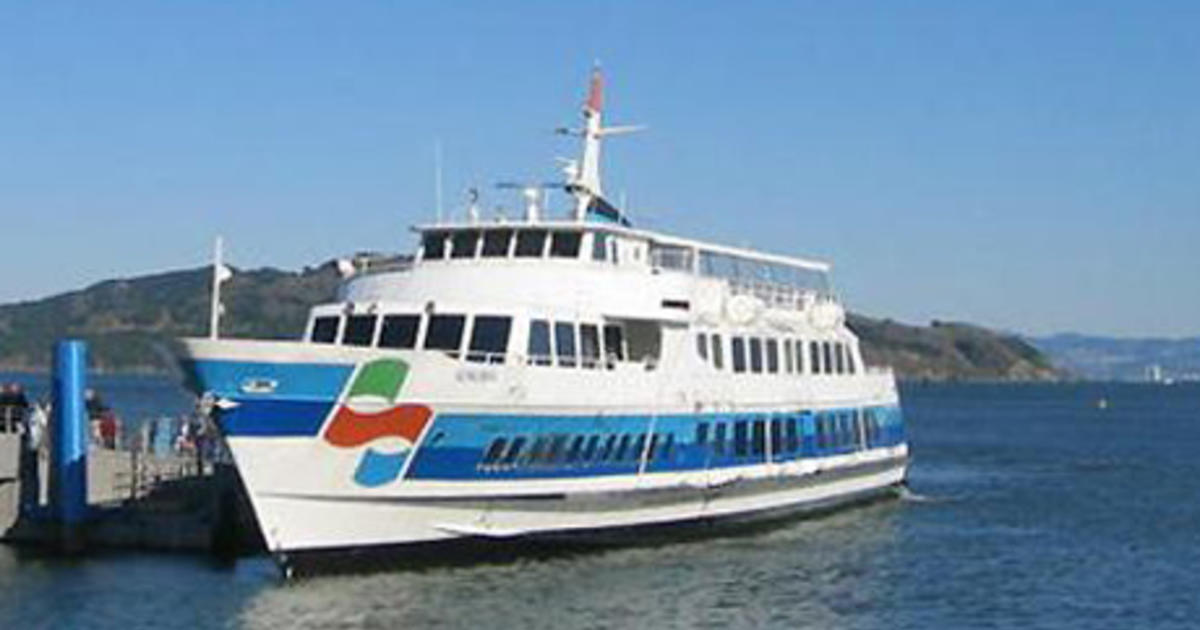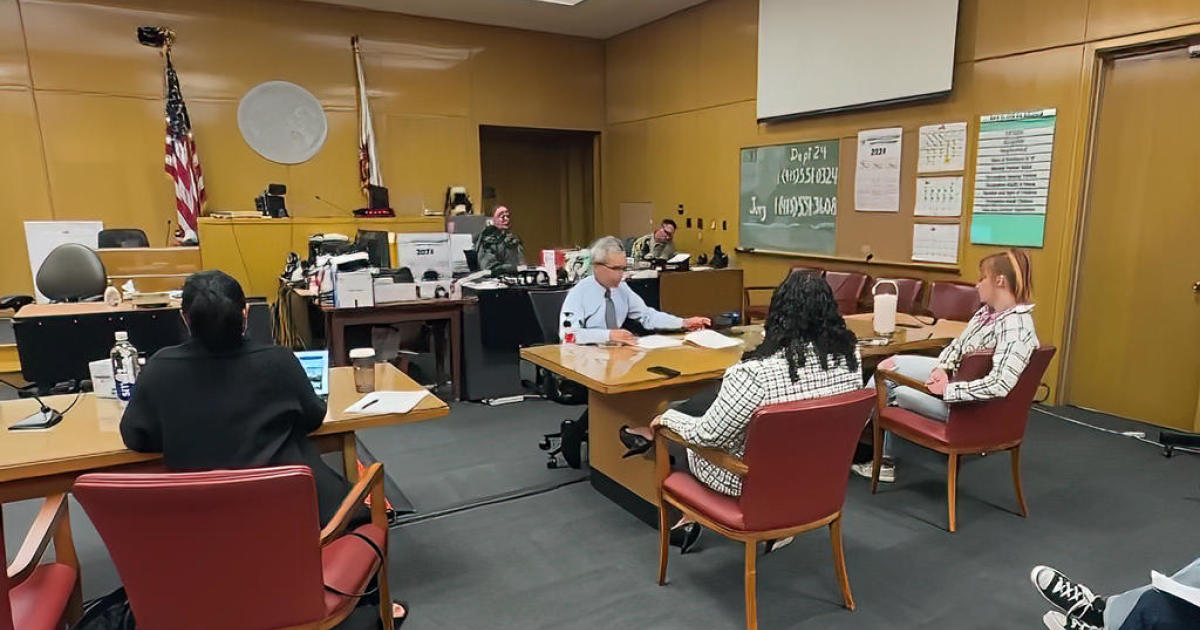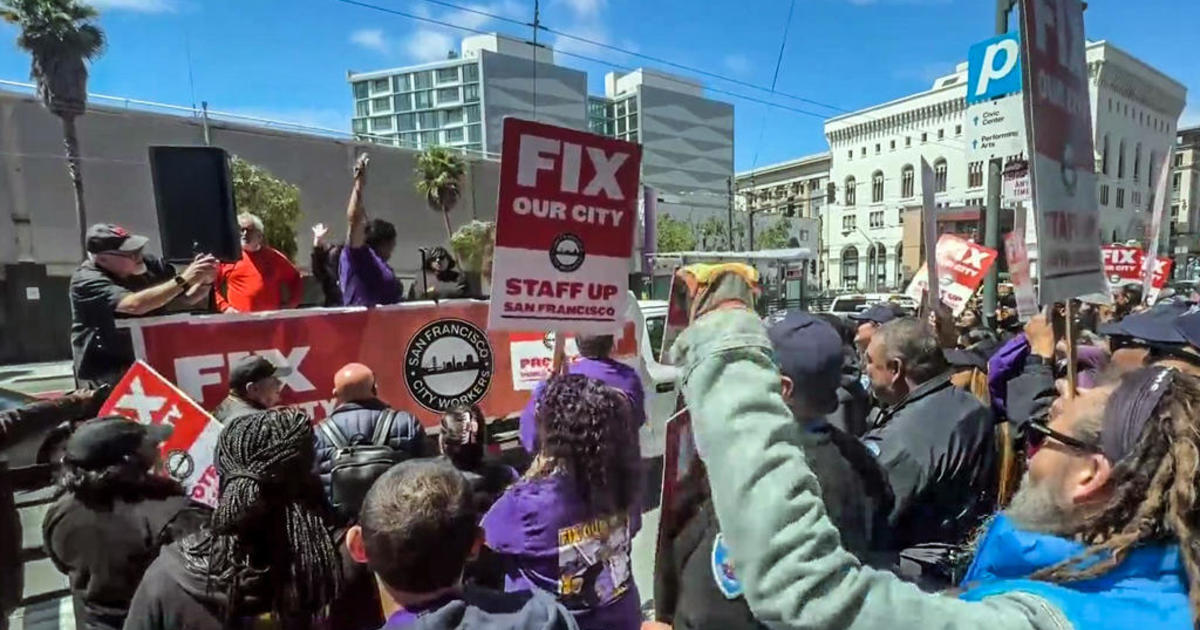San Francisco Picked to Be Test Site for GM's Driverless Taxi Service
SAN FRANCISCO (CBS SF/AP) — San Francisco will act as the testing ground for General Motors' self-driving car company, Cruise, who plans to launch a driverless taxi service to compete with rideshare companies like Uber and Lyft.
The move announced Wednesday by GM-owned Cruise come two months after the company received California's permission to fully driverless cars in the state.
Like dozens of other companies testing the robotic technology, Cruise's self-driving cars have been allowed on California public streets for several years with humans poised behind the wheel to take over in an emergency. Now, Cruise is confident enough to send out its self-driving cars without that safety net, although they will still be monitored by humans from remote locations instead of inside the vehicle.
"We believe self-driving has the potential to upend transportation," Cruise CEO Dan Amman said Wednesday.
California regulators also recently approved new rules allowing ride-hailing services to pick up passengers in self-driving cars, but Cruise isn't going down that road yet.
Instead, Ammann pledged the company will move cautiously while dispatching up to five fully driverless cars into parts of San Francisco initially. Cruise's employees most likely will be the only passengers initially riding in the fully driverless cars, just as they were when the company was testing the vehicles with a human backup behind the wheel.
Amman declined to provide a timeline when asked if Cruise planned to use its driverless cars in ride-hailing service within San Francisco next year. But he said Cruise remains on a clear path toward "a commercial product that everyone can use."
Cruise, which GM bought in 2016, had initially set a goal of using driverless cars in a ride-hailing service by the end of last year, but perfecting the required technology has proven far more challenging than some of the world's top robotic engineers envisioned when they working on their driverless technology anywhere from five to 10 years ago.
Waymo, a self-driving car pioneer spun out of a Google project, also has had to move more slowly with a robotic ride-hailing service it launched in the Phoenix area two years ago. That service, though, has been able to steadily expand since its debut, and Waymo also has a permit to deploy fully driverless cars in California, although the company hasn't yet indicated when it might do that.
Three other companies have California permits to operate fully driverless cars in the state: AutoX Technologies, delivery service Nuro and Amazon's Zoox, which recently posted a video promoting a Dec. 14 announcement about its future direction.
Cruise has spent the past five years testing its technology that has been used in 2 million miles of self-driving to reach this point in its evolution.
© Copyright 2020 CBS Broadcasting Inc. All Rights Reserved. The Associated Press contributed to this report.
